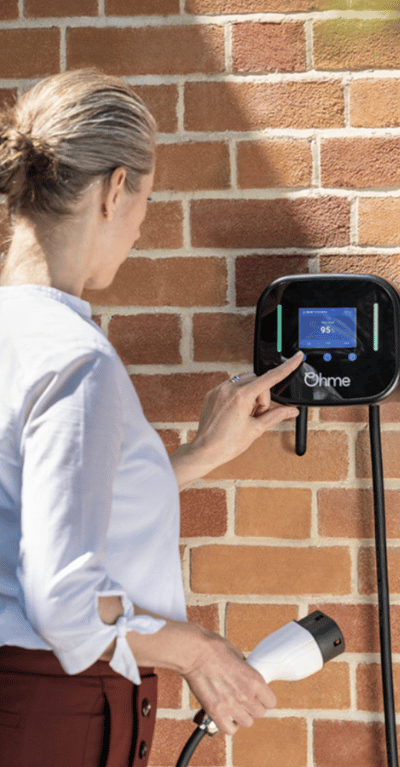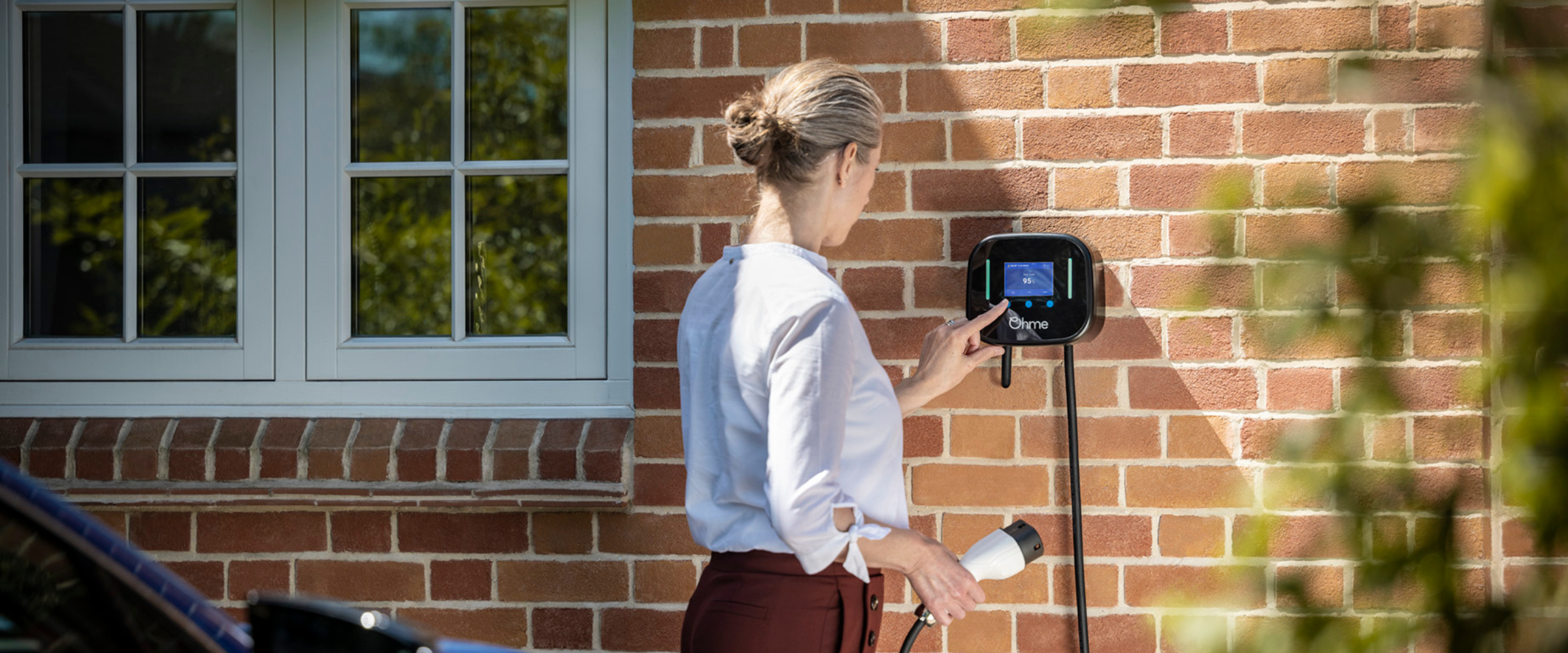

FAQs_
Stay up to date on the latest from We power your car_
We send out a regular newsletter about our latest insights and products
I consent to receive newsletters from We Power Your Car. Please see our Privacy Policy
Find the answers to your frequently asked questions
Work out how much you can save with a home charger
Discover how long it will take to charge your EV


We send out a regular newsletter about our latest insights and products
I consent to receive newsletters from We Power Your Car. Please see our Privacy Policy
Fitting of a single phase charge point to a brick or plaster wall or other suitable permanent structure
Up to 10 metres of cable, run and neatly clipped to the wall between the electricity supply meter / distribution board and the charge point.
Routing of the cable through a drilled hole in a wall up to 500mm (20 inches) thick if this is needed.
The fitting and testing of electrical connections and protections required for the charge point.
An additional three-way consumer unit, if required & Installation of a Type A RCBO in an RCBO enclosure.
Up to 3 metres of plastic trunking to conceal interior wiring. An O-pen earth protection device if the charge point requires it. (This is NOT an earth rod)
Up to 4 hours of labour from your installer to complete the work & Electrical testing of the whole installation. Handover and setup of the charge point and any app that may be needed.
Should additional work be necessary, it may incur additional costs. Feel free to reach out for further details. View full policy.
Our team is on hand to guide you through steps at a time that's convenient to you.
Spread over a 60 month period.
Tenants and homeowners are eligible for finance.
You decide the amount of months.
Minimum of £1000.
We will contact you to process the credit application. Approval is subject to application, financial circumstances and borrowing history. 10.9% APR representative. T&Cs apply.
Your order is not confirmed until your application has been approved.
Our team is on hand to guide you through steps at a time that's convenient to you.